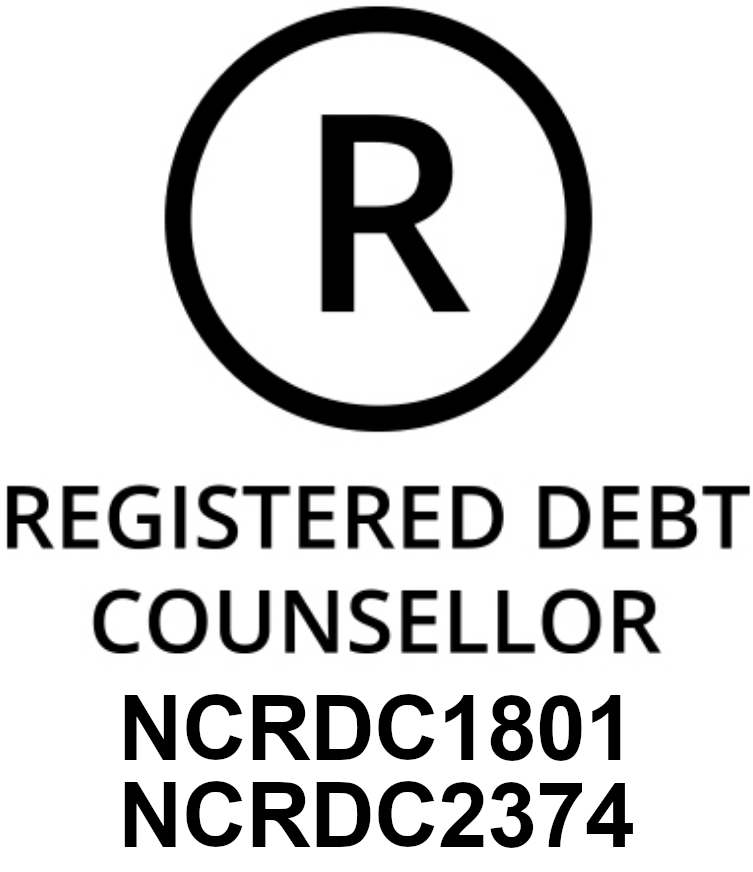When we think of financial scams, we think of the typical inbox message about a Nigerian prince asking for help to repatriate his funds while urging us to click on a link.
For this reason, many of us think we’re immune to scams, and we can’t be swindled out of our hard-earned money.
However, we underestimate the trickery we face in real life. Fraudsters and scam artists have created highly orchestrated schemes - and complex webs of lies - that a lot of us really do fall for.
As such, it’s best to stay clued up on different types of financial scams and know how to spot them. This will keep us out of trouble. Keep reading to learn more.
Ponzi schemes
Fraudsters draw investors into a Ponzi scheme by promising big rewards with little risk. Their main goal is to draw in new investors, and the money they sink into the scheme is used to pay older investors.
When the scheme runs out of new investors, it eventually falls apart and leaves participants without their “rewards”.
Warning signs
There are a few tell-tale signs of a Ponzi scheme. You may be faced with a scam if somebody approaches you with an investment opportunity that:
-
Is high reward, low risk
-
Promises consistent returns, no matter what is going on in the market
-
Does not disclose its strategies
-
Comes without any paperwork
It’s best to steer clear if the product provider can’t give you more concrete information on the ‘investment’.
Real-life example: The BHI Ponzi
In 2023, a R3bn Ponzi scheme that tricked investors and even financial advisers was exposed. More than 2,000 people fell prey to the scam.
One victim claimed that he had heard of the BHI Trust via a friend who had already invested in it. This investor also claimed his research revealed that the BHI Trust was registered with the Financial Sector Conduct Authority (FSCA) and various asset management firms.
Later, it was revealed that none of this was true.
Pyramid schemes
A pyramid scheme is similar to a Ponzi scheme.
Someone at the top recruits a few people to sell a product, but they have to pay initiation fees. These recruits gather more people to join and pay initiation fees, with early investors receiving money earned from newer investors.
The scheme goes on in this fashion until no more recruits can be found and the funds dry up, leaving newer investors without a financial ‘return’.
Warning signs
Perpetrators often get recruits to join by convincing them that the scheme is a way to earn a passive income or become an entrepreneur. If those are key selling points of the scheme, beware!
Additional signs to look out for include:
-
A complicated commission structure
-
The requirement to pay an initiation fee
-
No proof of revenue from the sale of the product or service
-
A focus on the ability to gather recruits
-
A “guarantee” of high profit in a short period
Real-life example
In April 2023, the CEO of Mirror Trading International (MTI) was ordered by a US court to pay over R63bn in restitution and penalties to investors. The CEO, a South African, used MTI - a Bitcoin-based network marketing scam - to cash in cheques from people worldwide.
The CEO had convinced people to join by assuring them they’d receive an average of 10% in yields every month.
To date, this is the largest pyramid scheme in South Africa’s history.
Other examples of financial scams
While Ponzi and pyramid schemes are the most prevalent scams, they are by no means the only type that exist.
Need debt counselling or consolidation?
Explore DebtBusters' solutions for reducing your interest rates and unlocking cash.
Find out moreScammers also promote high-yield investments. You can identify these when the scammer urges you to invest in a hurry, or when the individual making the offer is unlicensed but claims to work for an asset manager. They may even use the names of real asset managers, so verification is a must.
Although cheques are a thing of the past, scammers are not above sending cheques in the mail and then claiming to have overpaid, asking you to refund monies. If you follow the instructions, the cheque may bounce and you will lose funds.
Finally, phishing can occur via SMS, email, or a phone call. The scammer will impersonate a legitimate organisation and attempt to get you to reveal your personal information and banking details. If you divulge these, your money will be stolen.
Phishing can be tricky to spot. However, bear in mind that legitimate organisations would never press you for personal information, or request it apparently arbitrarily.
If you suspect a scam, check the email address (it may or may not seem suspect) and examine the email itself for typos, grammatical errors, or suspicious-looking links.
How to protect yourself against financial scams
Financial scams are illegal, but criminals are not often deterred by the law. As such, consumers need to remain vigilant. Here are some tips to implement to keep you safe from scammers.
-
Check their credibility
Ensure that the entity in which you consider investing has the necessary licence from the FSCA. The company should be able to produce evidence of this licence - and the FSCA should have a record of it on their website.
-
Ask a professional
If you feel even the slightest bit uncertain about an investment, it is best to get the opinion of a professional financial adviser or industry body, such as the FSCA or the Association for Savings and Investments (ASISA). They have experience and can guide you appropriately.
-
Pay attention to detail
If the person presenting you with the investment opporutnity is unwilling to provide you with information about strategies, returns, or anything else, you should be suspicious. In addition, if they can’t provide proof of their claims about their product, service, or profits, you should give them a wide berth.
-
Trust yourself
This one is simple - if you feel an offer is too good to be true, it probably is.
What to do if you think you may have been scammed
If you suspect you are the victim of a financial scam, you should report it to the police immediately and request a case number. Remember to provide them with as much evidence as you can, including emails, documents, and messages.
Inform the scammer of the case number, then refrain from contacting them again. You should also inform your bank.
You should take the extra step of reporting the scammer to the platform where they operate if they contacted you online. South Africa has various platforms available for you to report fraud to including:
-
South African Banking Risk Information Centre (SABRIC)
-
Southern African Fraud Prevention Service (SAFPS)
Once all the above is taken care of, you should check your accounts to see if any damage has been done. Don’t panic! This is just to get an understanding of your situation.
If money has been stolen from your account, and you’re struggling to make any payments, you should contact your creditors to let them know. Creditors are often understanding and willing to assist where possible.
If your money isn’t returned - some cases are complex and investments can’t be retrieved - do what you can to limit the damage. If you’re in a tough situation financially, we can help you get it sorted!





